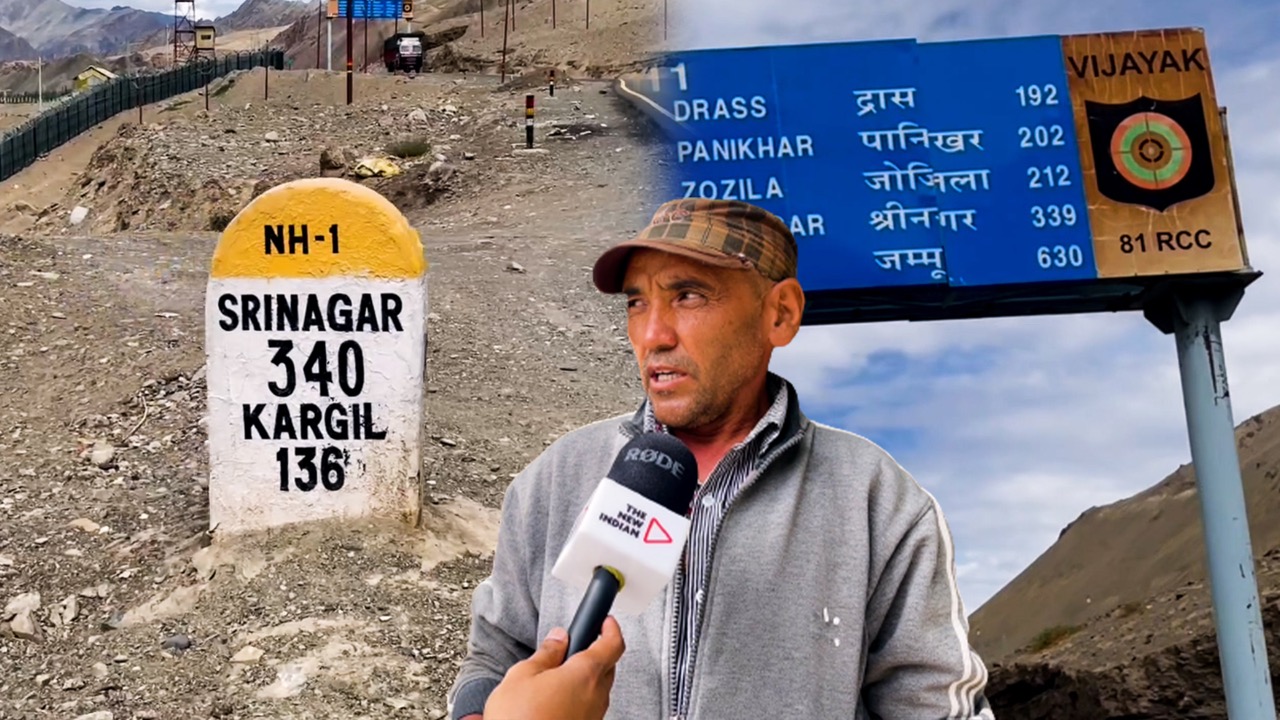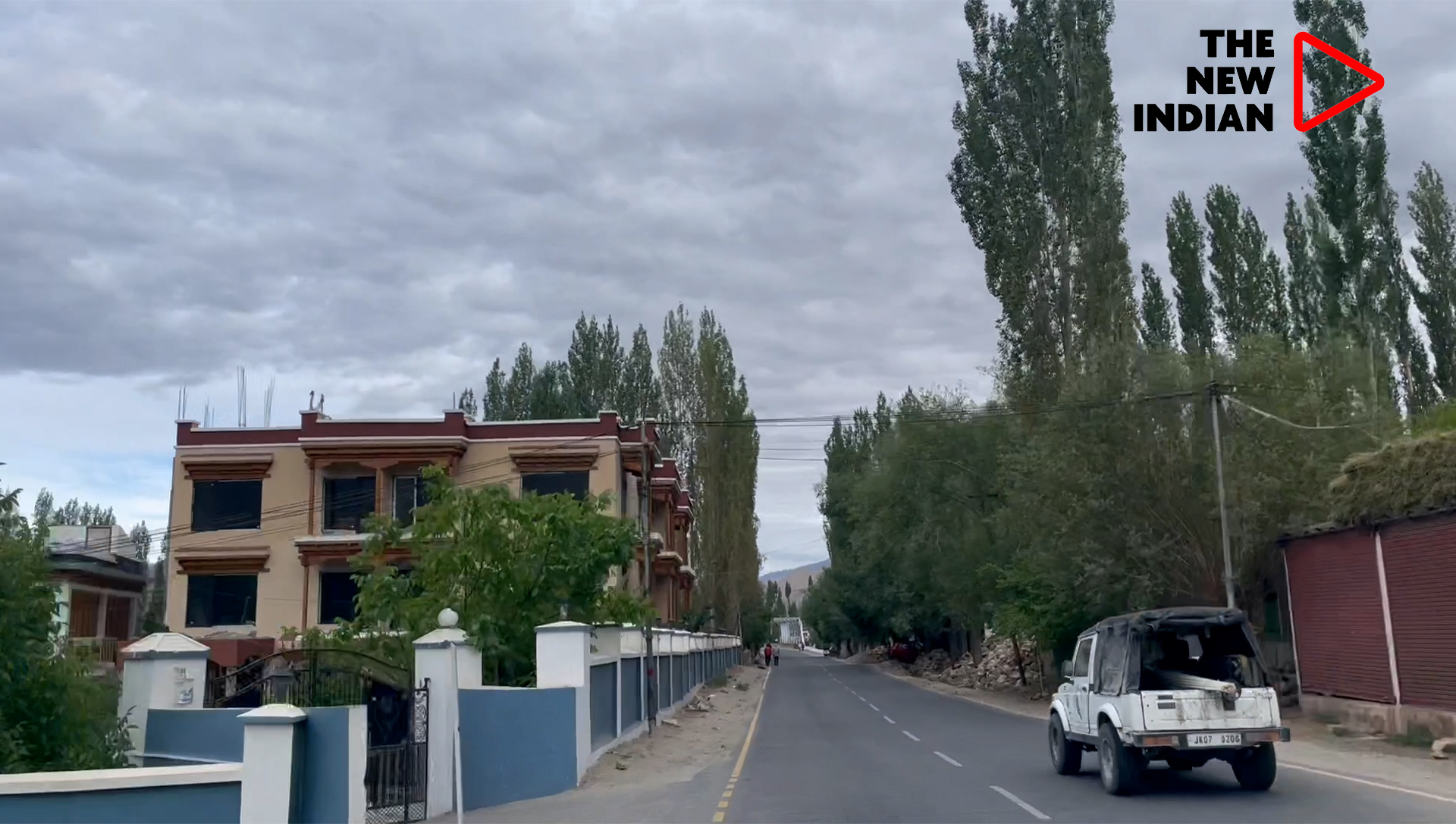DRASS/KARGIL: A lot had changed since 1999 when Pakistan cast its evil eyes on India. However, the memories of the Kargil war still linger in the minds of the locals, many of whom provided logistical support to the brave Indian soldiers who faced the bullets of the Pakistan army intruders.
The New Indian visited the alluring Himalayas in the union territory of Ladakh to meet the locals on the occasion of the Kargil Vijay Diwas, celebrated in honour of our fallen heroes who made supreme sacrifice so that we can live in peace.
“Lot of things have changed in the last 23 years. Roads leading to the Kargil hills have been remade. People rebuild their houses and now feel safe. For this, thanks to the Indian army,” said a resident.
Recalling the contributions of the locals, Rigzen Nurboo, who runs a small eatery on National Highway 1 and hails from Saspol in Leh, said, “Almost every person of the village had become porters and provided food and eatables to army men. I was young at that time but I still have vivid memories.”
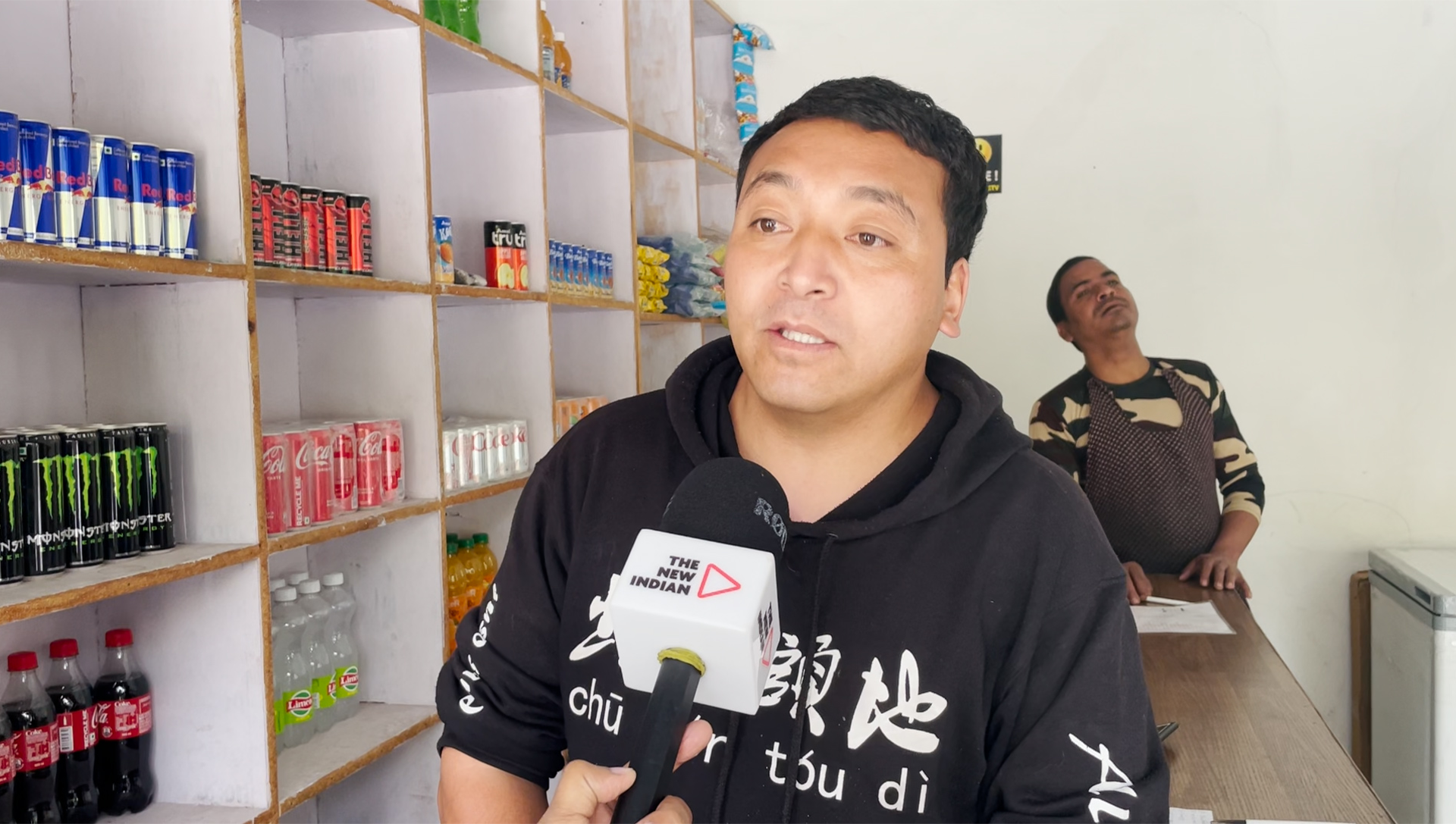
Another resident, Maulvi Sheikh Ahmed Ali Arman of Pashkum, Kargil said, “It is the valour, courage and sacrifice of our Indian Army that helped us to rebuild our houses.”
“The continuous shelling had damaged the local masjid, which was also rebuilt with the help of our jawans,” Maulvi Arman said, adding, “Many of our men also helped the Indian Army in providing food and eatables.”
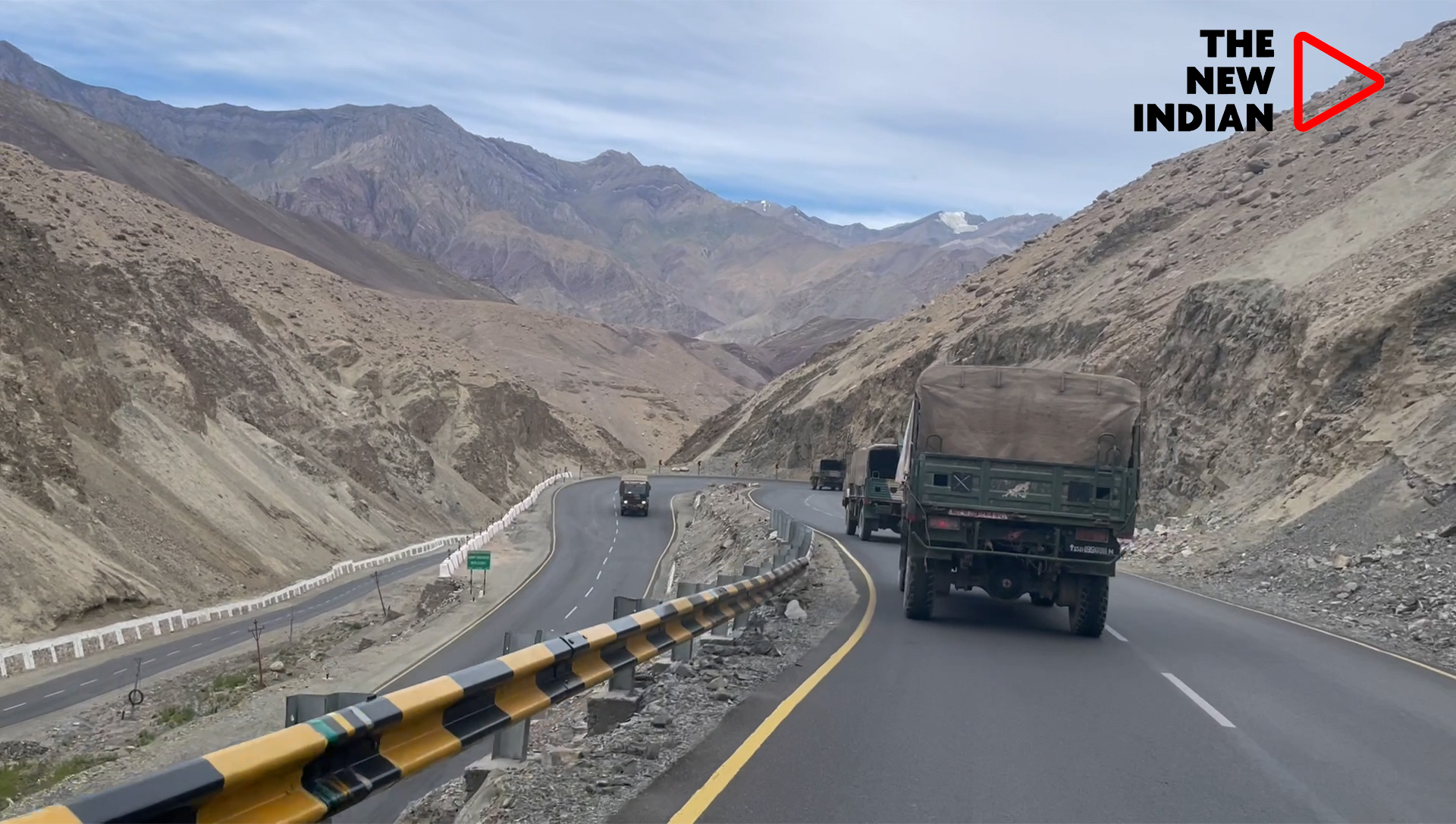
Feroze Ahmed and Mohammad Hasnain, from village Chanigound, Kargil, still recalled those terrifying nights when the sound of shelling and the sight of rockets hitting the mountain kept them awake at night.
Recalling the days, Ahmed said, “The men in our family had become porters. My father would transport eatables at midnight.”
“Things have changed now. Roads are constructed but now we hope for more job opportunities in the valley,” he added.
Local residents thanked the Indian army for rebuilding their houses (TNI Photo By Sumit Kumar)
Tsewang Namgyal, another shopkeeper from Saspol, said, “I become a volunteer to deliver food and eatables to the Indian Army fighting on Kargil hills.”
“I have been running this shop for 25 years. I had a small shop then. Now it has become big, thanks to the Indian Army and our government. A lot has changed. But the bigger, better roads are a boost to the area.”
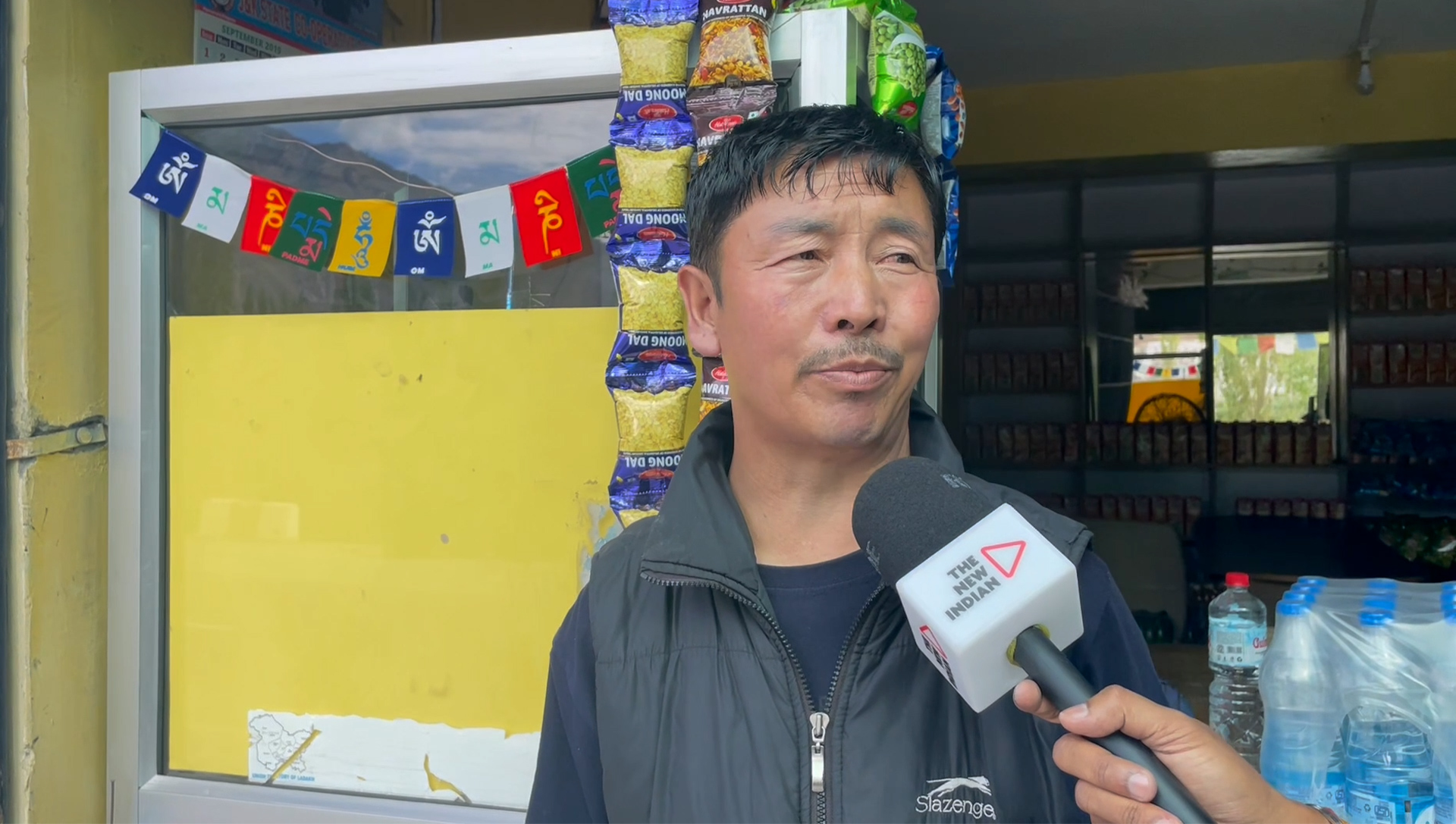
Nawang Namgyal, who runs a small hotel in the hills of Leh and belonged to Lamayuru, said, “I was a young student in 1999, but I had seen my grandparents working as a porter for the Indian army. I want to salute our men in uniform and it is because of them all of us are living peacefully here.”
Maulvi Sayed Abdulla, of Pashkim in Kargil, praised the Indian army for helping him pick up the pieces.
“When the shelling started, we left our houses and fled to safer locations. We remained in bunkers for months. The houses were damaged but with the help of our jawans we were able to rebuild them,” Abdulla said.
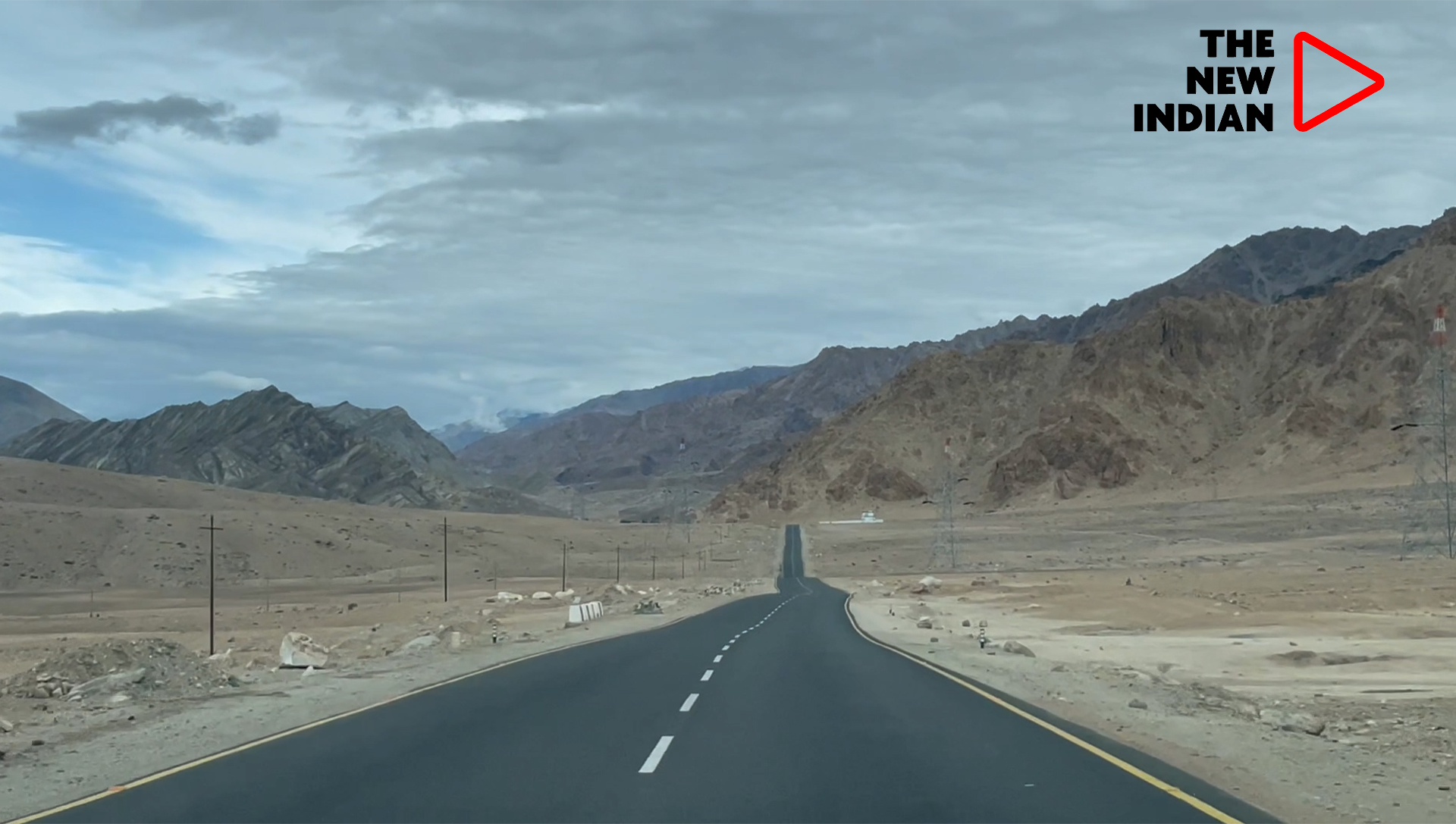
Ghulam Murtaza, a school teacher in Kargil, is enthusiastic about joining the celebrations at Drass.
“Drass suffered a lot of damage during the war. The main event is taking place over there. We will go there and take part in the celebrations,” Murtaza, from Pashkim, said.



